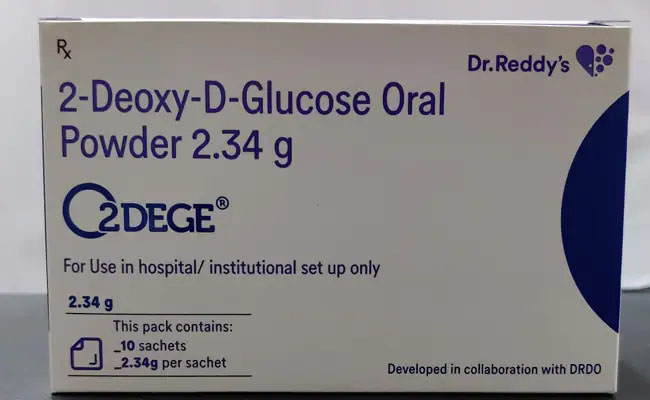 AGENCIES AGENCIES
WASHINGTON, Nov 8: A drug developed by the Defence Research and Development Organisation (DRDO) may reverse the heart damage caused by a protein in the SARS-CoV-2 virus, a study conducted in fruit flies and mice has found.
Researchers from the University of Maryland identified how a specific protein in SARS-CoV-2, the virus responsible for COVID-19, damages heart tissue. They then used the drug, called 2DG, to reverse the toxic effects of that protein on the heart.
Developed by Dr Reddy's Laboratories in collaboration with DRDO, 2DG is an oral drug. The SARS-CoV-2 virus depends upon glycolysis or breakdown of glucose for energy. The drug hinders the process of glycolysis and prevents the growth of the virus.
People infected with COVID-19 are at a significantly higher risk for developing inflammation of the heart muscle, abnormal heart rhythms, blood clots, stroke, heart attacks, and heart failure for at least a year after infection, compared to those who have not been infected with the virus, said the study.
The scientists, who are from the University of Maryland, Baltimore, US, then used a drug to reverse the toxic effects of the SARS-CoV-2 virus protein on the heart.
"Our research shows that individual SARS-CoV-2 proteins can each do major damage to specific tissues in the body - similar to what has been found for other viruses like HIV and Zika," said senior author Zhe Han.
Their findings, based on research with fruit flies and mouse heart cells, were published in peer-reviewed journal Nature Communications Biology.
Although scientists around the world rapidly developed vaccines and medications to lessen the severity of COVID-19 disease, the study said that these therapies did not protect the heart or other organs from the damage that could be done by even a mild infection.
"To treat patients in the long run, we must first understand the mechanism behind what is causing the disease. By identifying these processes of injury in each tissue, we can test drugs to see whether any can reverse this damage; those drugs that show promise can then be further tested in clinical research studies," Han said.
Last year, Han and his team identified the most toxic SARS-CoV-2 proteins in studies using fruit flies and human cells. They found a drug 'selinexor' reduced the toxicity of one of these proteins, but not the other one, known as Nsp6, according to the study.
In their latest study, they found that Nsp6, turned out to be the most toxic SARS-CoV-2 protein in the fly heart. |
